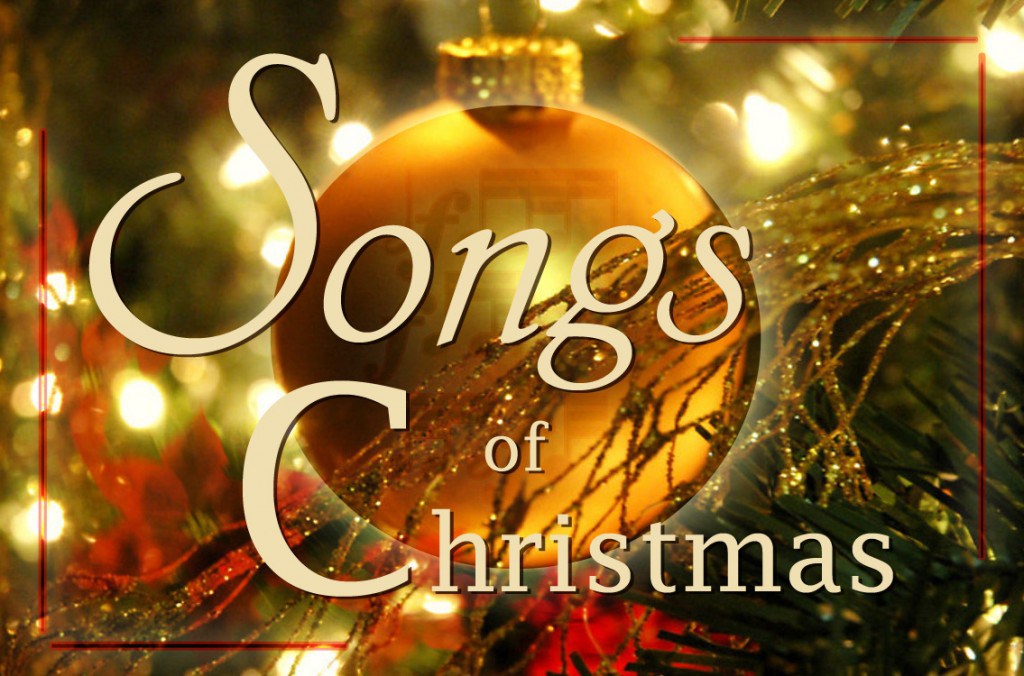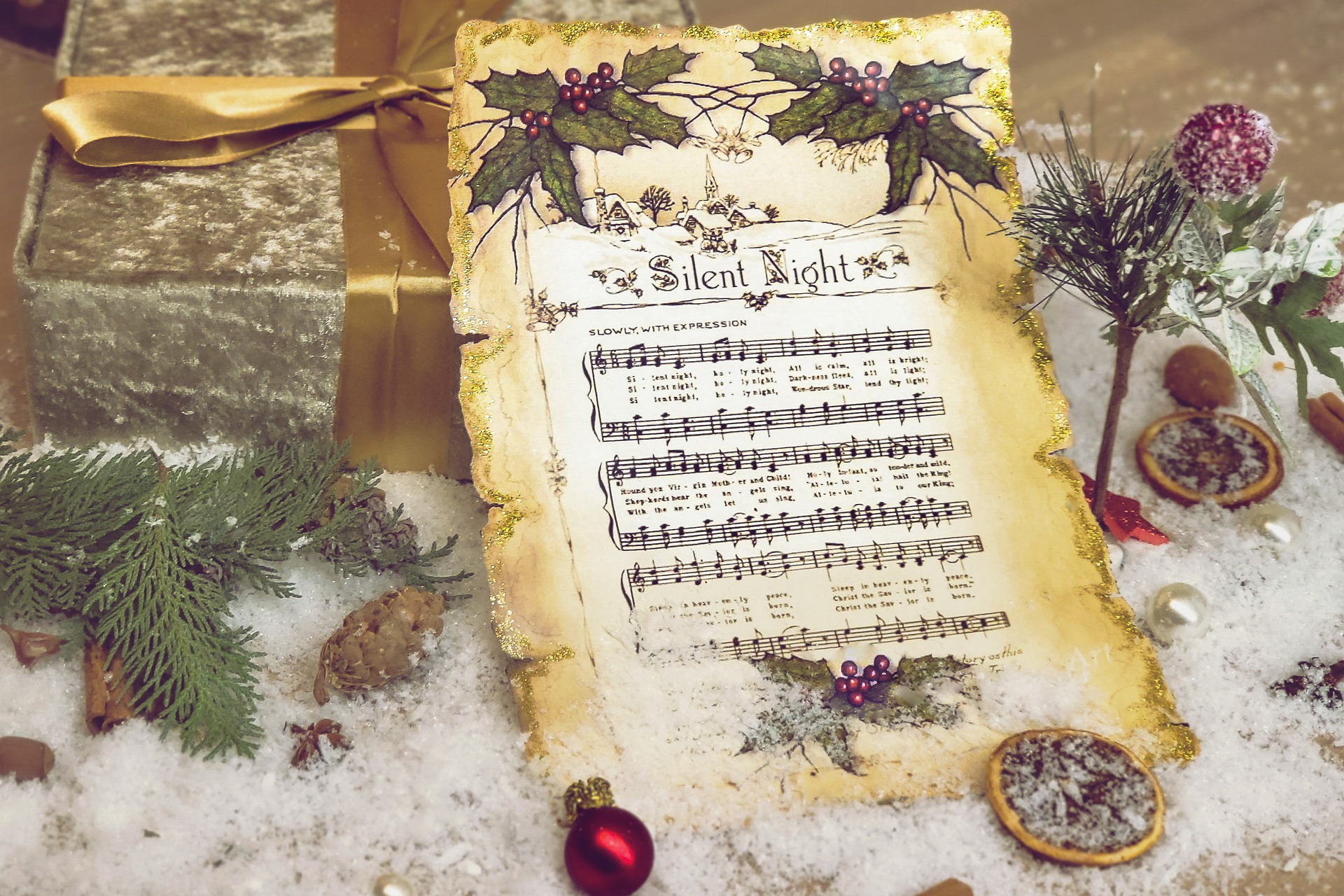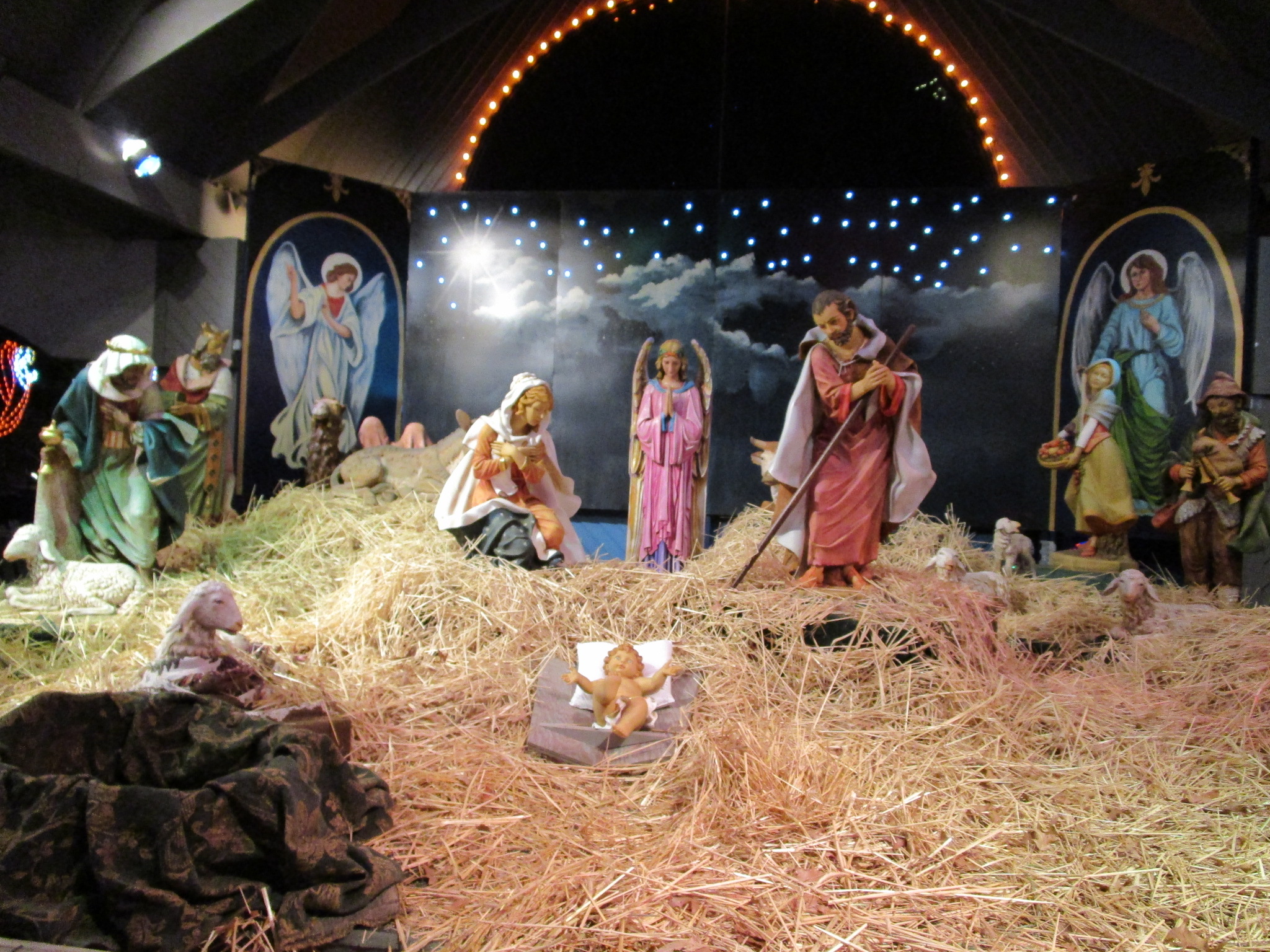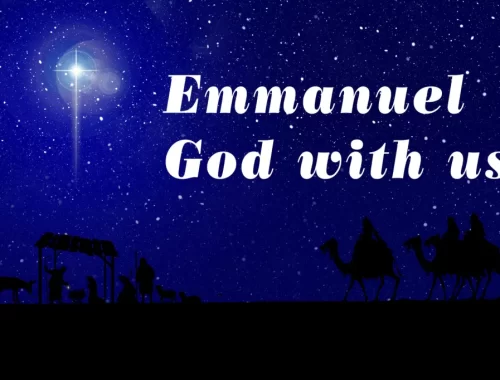
The History of Christmas Carols
I cannot imagine Christmas without singing carols and listening to music everywhere. Our traditional carols often started as poems. The words were taken from the scripture and then published in prayer books before being turned into songs. Most of our old favorites were written before the 20th century. The Puritans tried to ban them in the 16th century altogether because they were thought to be too secular and frivolous. It is believed that the first Christmas carol service was invented in Truro England in 1880. But the the first “Christmas choir” is recorded in the gospel of Luke when the angels sang to announce the birth of Jesus.
Luke 2:8–14 (ESV)
And in the same region there were shepherds out in the field, keeping watch over their flock by night.
And an angel of the Lord appeared to them, and the glory of the Lord shone around them, and they were filled with great fear.
And the angel said to them, “Fear not, for behold, I bring you good news of great joy that will be for all the people.
For unto you is born this day in the city of David a Savior, who is Christ the Lord.
And this will be a sign for you: you will find a baby wrapped in swaddling cloths and lying in a manger.”
And suddenly there was with the angel a multitude of the heavenly host praising God and saying,
“Glory to God in the highest, and on earth peace among those with whom he is pleased!”

Many favorite Christmas hymns retell this part of the story. “ Hark! The Herald Angels Sing” was written in 1739 by Charles Wesley, “Angels frome the Realms of Glory” in 1816 by Scottish poet James Montgomery and “While Shepherds Watched Their Flocks” by Nahum Tate (1700s). “Angels We Have Heard on High” is based on an old French carol that was first published in 1819 but probably originated long before that. The stanzas of each hymn were translated from various languages and the tunes were written and reaaranged by several musicians into what we have today. They are all steeped in scripture and deep theology that is often lost due to our illiteracy and understanding of the Bible today.
I enjoyed researching the history of our Christmas hymns. “Silent Night” was first performed on Christmas Eve 1818 in a small village in Austria. A young priest named Father Joseph Mohr wrote the words the year before. There was a flood that damaged the church organ so he brought the poem to organist Franz Gruber asking him to please compose a melody and guitar accompaniment for the evening service. So there you have it, the first guitars in Church!

Did you know that “Joy to the World” was not written as a Christmas carol? In its original form, it had nothing to do with Christmas. It wasn’t even written to be a song. In 1719, Issac Watts, one of our great hymn writers, published a book of poems in which each poem was based on a psalm. One of those poems was an adaptation of Psalm 98. Watts interpreted this psalm as a celebration of Jesus’s role as King of both his church and the world. More than a century later, the second half of this poem was slightly adapted and set to music to give us what has become one of the most famous of all Christmas carols.
One great Christmas carol is also a great reminder of our responsibility to tell others about the One who came to bring us Salvation. That hymn is “Go Tell it On the Mountain“. A negro spiritual dating at least to 1865 was written down by by a black educator named John Work, around 1907, who was not well received by the white establishment of the time.
Whether you are singing in your car or kitchen, out in the community or church choir, think about the words! Find a hymn book or google all the words because there are so many beautiful songs of joy and praise. The tunes may be familiar but the message may be new to someone you know. Share the angels song: the good news that a Savior was born for us. Share the shepherds story: how the experience of hearing the message and finding the Christ Child changed your life.
Go Tell It On the Mountain
Go, tell it on the mountain,
over the hills and everywhere.
Go, tell it on the mountain
that Jesus Christ is born.

You May Also Like

Preparing Your Heart for the Holidays
November 11, 2022
Are You A Percolator Christian?
April 23, 2021


